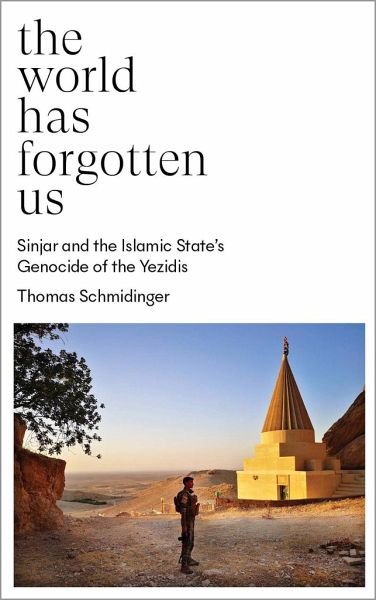
The World Has Forgotten Us
Sinjar and the Islamic State's Genocide of the Yezidis

PAYBACK Punkte
16 °P sammeln!
Yezidi survivors speak out in this important history of persecution and genocide

Sinjar and the Islamic State's Genocide of the Yezidis

Rechnungen
Bestellstatus
Retourenschein
Storno